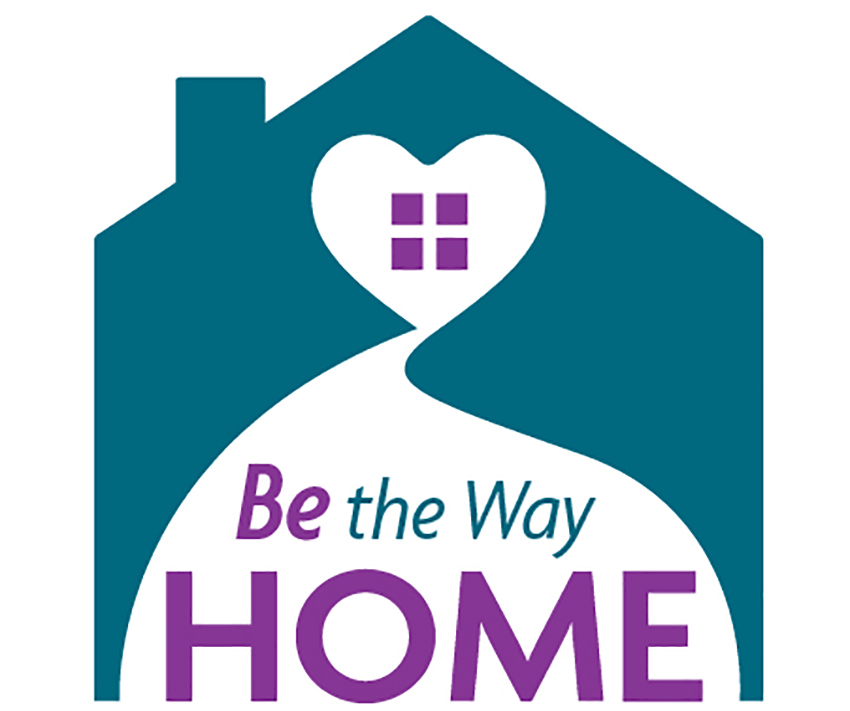What is Kinship Care?
The Department of Children, Youth, and Families (DCYF) uses the term "kinship care" to refer to the full-time care of a child by relatives and suitable others. "Suitable others" refers to unrelated kin or close family friends. While often provided by grandparents, kinship care includes many other relationships, such as adult siblings, "bonus" aunties and uncles, neighbors, and more.
Why should I become a licensed kinship caregiver?
Kinship caregivers who get licensed receive the greatest amount of ongoing financial assistance DCYF can provide. They are also assigned a Licensing Division worker who can help with questions. Other benefits include access to the Foster Parent Reimbursement and Liability Plan for unexpected damages and monthly foster care reimbursement for young adults over 18 who choose to remain in Extended Foster Care.
DCYF's Kin-First Culture
DCYF believes that kinship caregivers (including relatives and close family friends) are the best option when a child or youth cannot live with their parent(s). In fact, more than half of all children and youth experiencing foster care are cared for by a kinship caregiver such as a relative or close family friend.
Children and youth who experience foster care are often removed from their homes, neighborhood, school, pets, and friends. They also frequently lose their relationships with extended family and the traditions, language, and history maintained and passed on by these relationships.
We know that when children are placed with kin, they are more likely to maintain these connections and culture and experience more stability (compared to children in general foster care). Research shows that some of the benefits of kinship care include the following:
- Less time spent in foster care
- Higher placement stability
- Lower probability of experiencing abuse by a caregiver
- Greater likelihood of staying connected to their extended family and keeping ties to their cultures, backgrounds, and customs, which is critical to their well-being
- Better behavioral and mental health outcomes
These are all reasons why DCYF is committed to a "kin-first" culture that places young people experiencing foster care with relatives and close family friends first!

